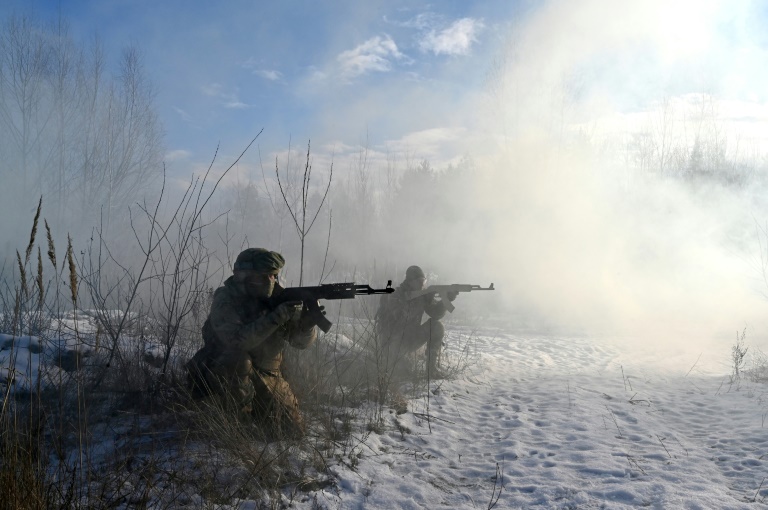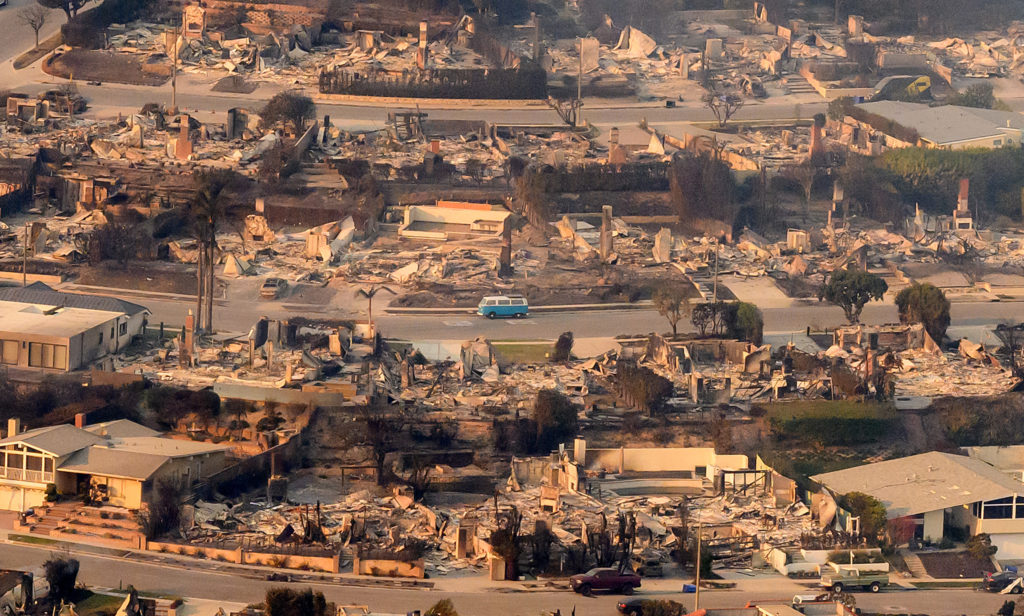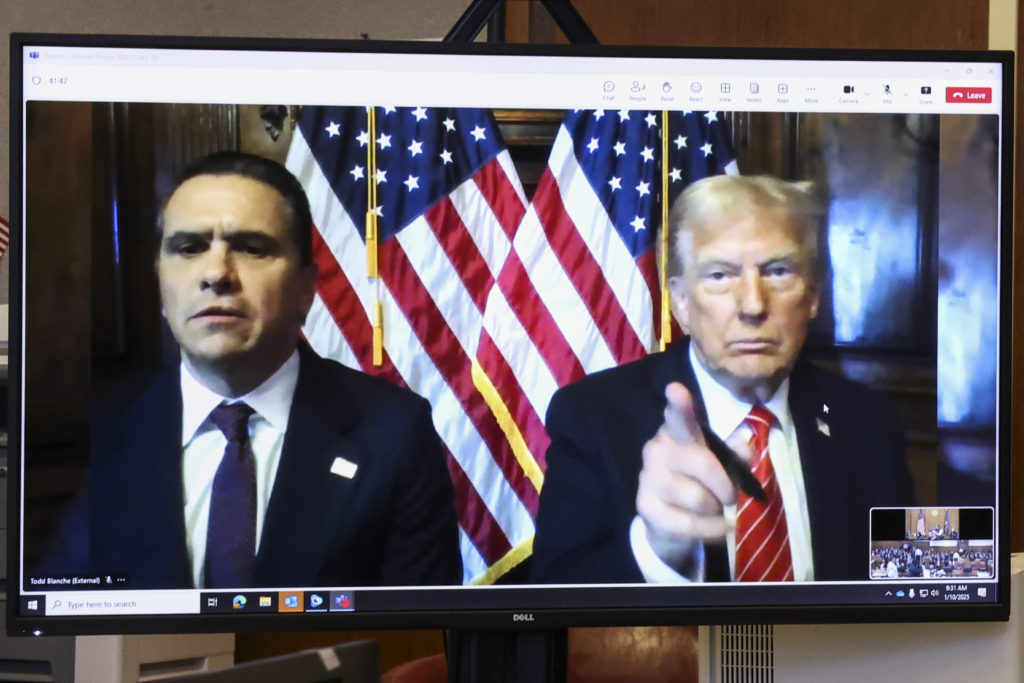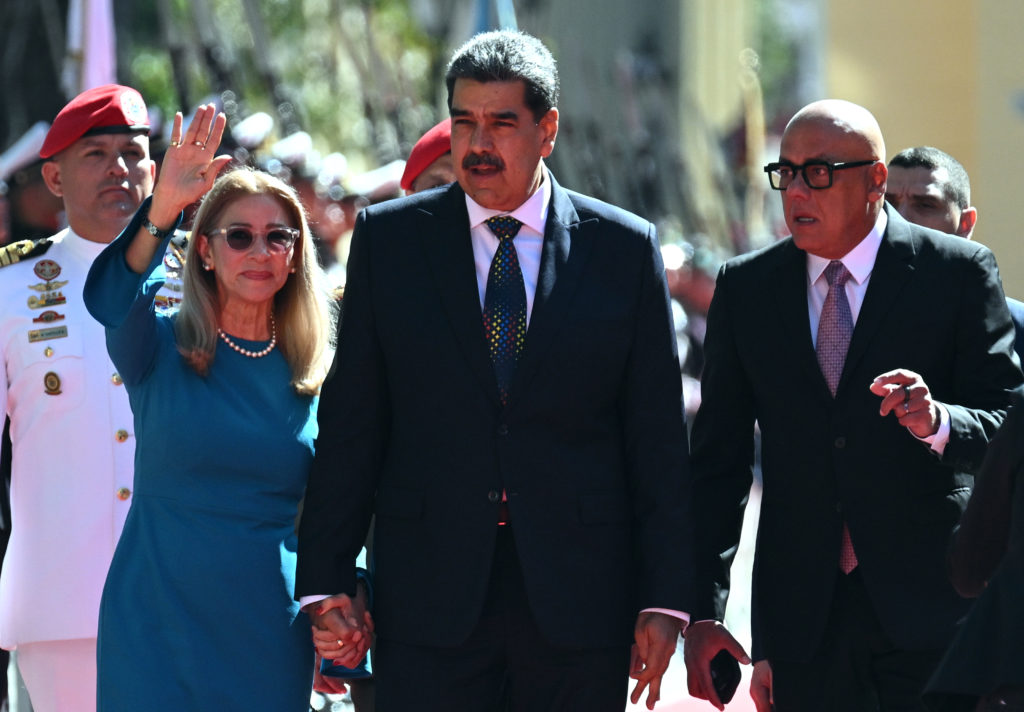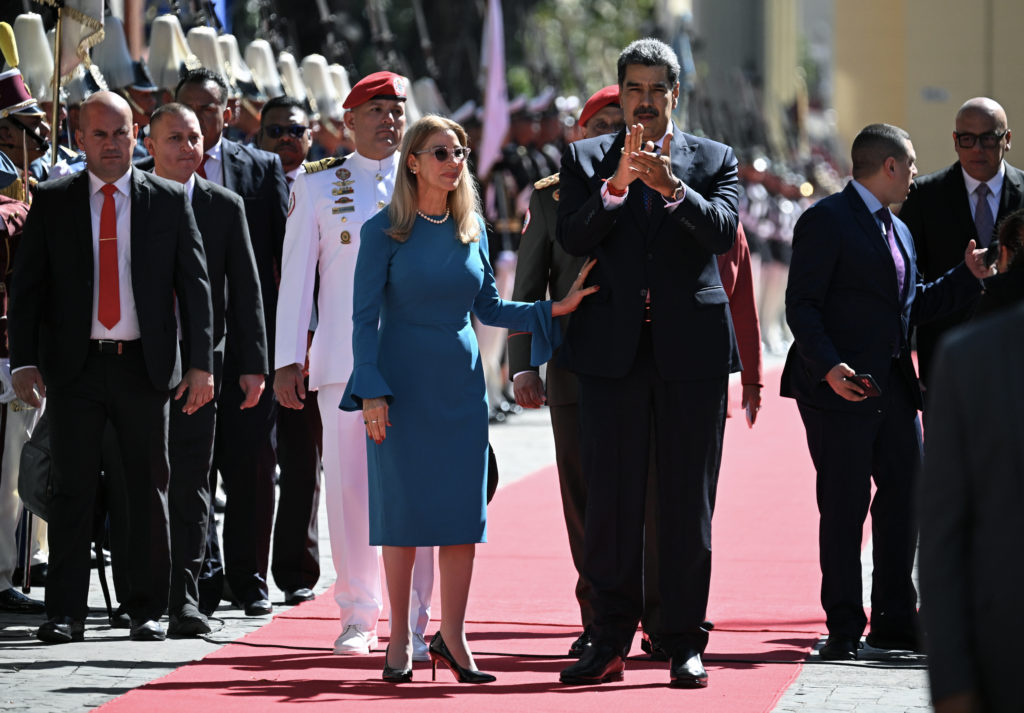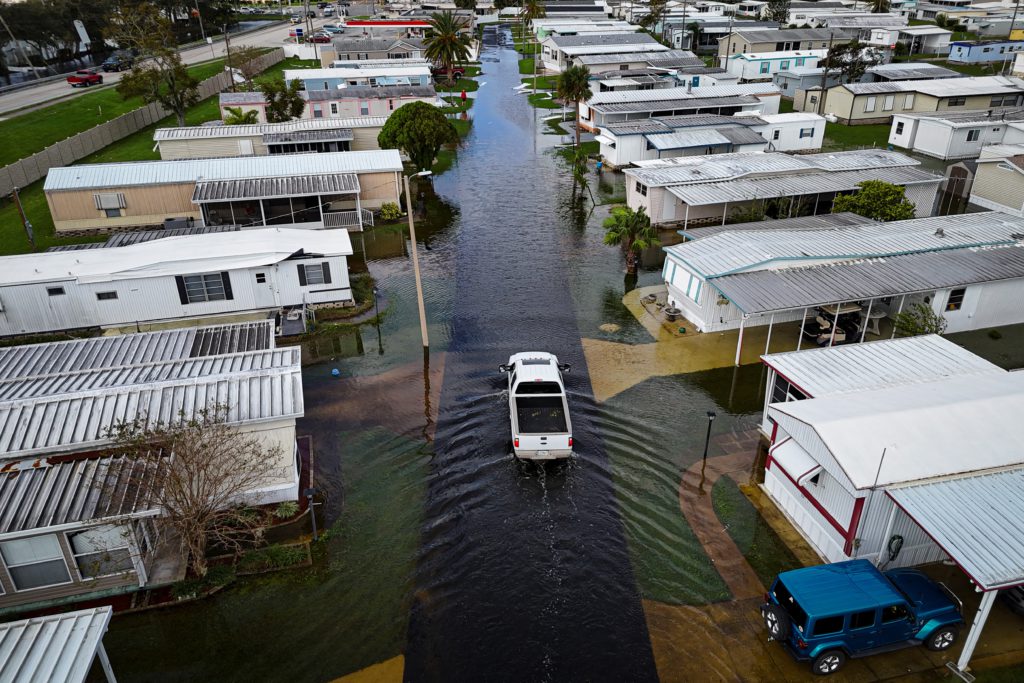European Union ministers said Thursday that they would not negotiate with Russia over Ukraine’s future while Moscow was massing troops at its neighbour’s border.
While stopping short of threatening President Vladimir Putin with a military response, defence and foreign ministers from the bloc said an invasion by Russia of Ukraine would prompt severe sanctions and ruin Moscow’s relationship with the EU for decades.
“Russian movements are part of the pressure,” EU foreign policy chief Josep Borrell told reporters on the sidelines of a meeting of EU defence and foreign ministers in Brest, France. There “should not be negotiation under pressure,” he said.
The meeting comes after tense negotiations between US and Russian officials in Geneva on Monday that failed to produce an agreement on de-escalating the conflict but saw both sides offer to continue talking.
“We have received assurances that nothing will be decided nor negotiated without the Europeans, and the coordination with the Americans is absolutely excellent,” Borrell said.
– ‘100 contacts’ –
He added at a news conference that “despite what has been said, we are in constant contact with the US, more than 100 contacts this week”.
While there would be no formal joint resolution on the crisis, a political statement was likely when the foreign ministers’ meeting winds up on Friday, he said.
Washington and its allies have accused Russia of planning an invasion after deploying some 100,000 troops along Ukraine’s border
“So far no shot has been fired, and no border crossed, and that is a good thing,” said Luxembourg’s foreign minister, Jean Asselborn, as he arrived for the meeting.
– ‘Not attack Russia’ –
“It is very clear that we will not, as NATO or as European Union, attack Russia,” Asselborn said, adding that dialogue was the way forward.
“If there is a military escalation, then all doors will be slammed shut for another 20 years. That cannot be what Russia wants,” he said.
French Defence Minister Florence Parly agreed that “dialogue is the only was to reduce these tensions sustainably” but said that the EU also stood ready to impose “massive sanctions” on Russia should it attack Ukraine.
Earlier, US President Joe Biden’s Democratic Party had already threatened sanctions in the event of an invasion of Ukraine, including against Putin personally, a move that the Kremlin said Thursday would be “crossing a line”.
In Brest, German Foreign Minister Annalena Baerbock described the situation in Ukraine as “dramatic” and said a joint EU position on the crisis was crucial.
– ‘Below our weight’ –
“When Europe is united, we’re a heavyweight,” she said on arrival. “When it isn’t, we punch below our weight.”
The French EU presidency has been pushing for the ministers to talk about tensions in Mali, after the Economic Community of West African States (ECOWAS) agreed to shutter land and air borders with Mali and impose a trade embargo over delayed elections.
The sanctions — which France has backed — came after Mali’s army-dominated government last month proposed staying in power for up to five years before restoring democracy.
France has thousands of troops in Mali and neighbouring Sahel countries as part of its anti-jihadist force.
But Western powers have accused Mali of hiring Russian mercenaries from the Wagner group, with Borrell saying on Thursday that “they are arriving in Mali”, calling the deployment “absurd”.
In response the EU had suspended budgetary aid to Mali, but not direct aid to its population, half of which lives in poverty, he said.
Meanwhile, Covid-19 has cast its shadow over the meeting, with Dutch Foreign Minister Wopke Hoekstra saying on Twitter that he had to cancel his attendance and was self-isolating at home after testing positive for Covid.
Hoekstra had travelled to Brussels on Tuesday to meet with his Belgian counterpart, Sophie Wilmes, and with Borrell.

